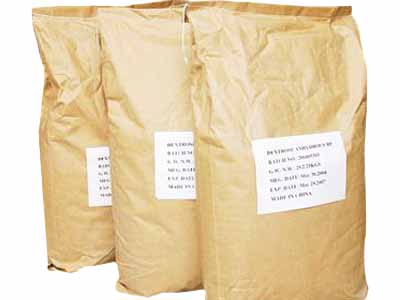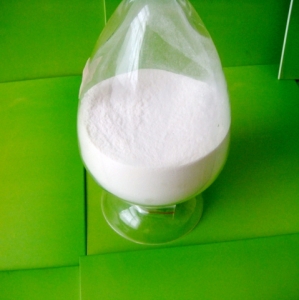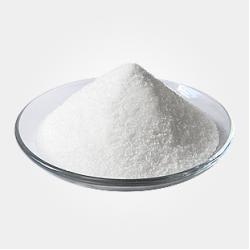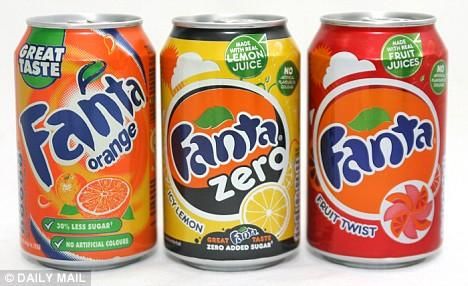Does anyone know if Crystalline Fructose is gluten free? 
Yes, Crystalline Fructose is gluten free and widely used in gluten free food as a sweetener in the likes of beverages and yogurts, where it substitutes for high-fructose corn syrup(HFCS) and table sugar. Crystalline Fructose is commonly used in fruit juices, baked goods, medical infusion solutions and pharmaceutical applications.
Why is Crystalline Fructose gluten free?
Gluten is a type of elastic grain protein that helps wheat, rye and barley hold their shape. Because of its glue-like properties, gluten is often added to other food products—pasta, sauces, crackers, baked goods—to thicken or bind those products together. Raw materials used in manufacturing of Crystalline Fructose are glucose derived from corn; So The manufacturing process of Crystalline Fructose is gluten free. So, Crystalline Fructose is gluten free.
What foods contain Crystalline Fructose?
Crystalline Fructoseprovides intense sweetness for just the right flavor in a variety of applications, you can find food as follows with Crystalline Fructose: beverages, baked goods, frozen foods, cereal, dairy products, reduced-calorie foods, canned fruits, toppings and sauces, jams and jellies, caramels and gum and post-mix, still drink concentrates.
Why should you go Gluten free, Gluten free foods are good or not?
People with celiac disease or Gluten intolerance or sensitivity should intake gluen free foods. Nowadays more and more groceries and health food stores stock gluten-free products. That’s good for people with celiac disease, who for health reasons should not eat wheat with gluten. The market for gluten-free products is exploding. Many people may just perceive that a gluten-free diet is healthier.
Is it necessary for all people to eat gluten foods? In fact, it isn’t. For people with celiac disease, a gluten-free diet is essential. But for others, unless people are very careful, a gluten-free diet can lack vitamins, minerals, and fiber.
How to avoid Gluten ingredients?
Someone is strict adherence to a gluten-free diet for life. It requires knowledgeable nutritional counseling and frequent updates as commercial food contents change. must be alert to hidden sources of gluten such as HVP/HPP (hydrolyzed vegetable/plant protein). Today’s processed and packaged foods have many hidden sources of gluten, which can be unintentionally ingested. To be safe, a person should read ingredients on labels every time they purchase food as manufacturers frequently change ingredients.




